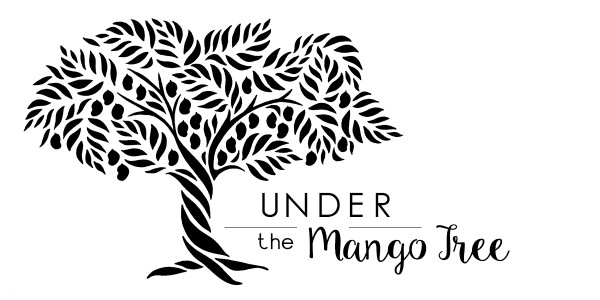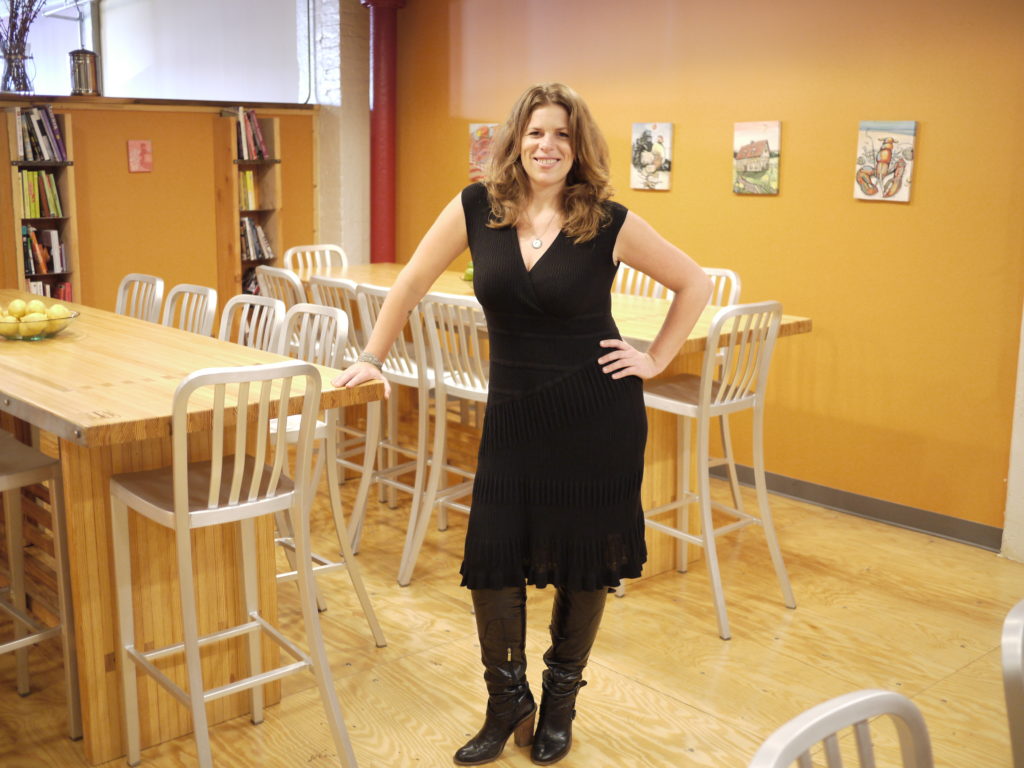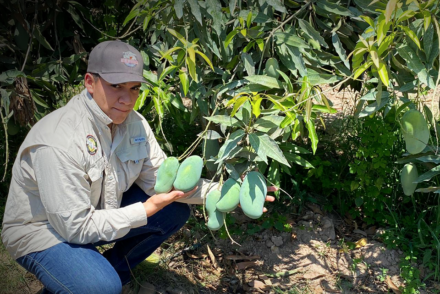Building bridges: diversity & inclusion
It’s a weird day, this International Woman’s Day thing. It feels important but like we’ve made a very serious topic frivolous by placing it in a “day category”, next to International Ice Cream Day and International Siblings Day. My gut feeling is that this rather uncomfortable topic is placed here between ice cream and siblings because we don’t know what else to do with it. We still don’t know quite how to address real life disparity.
Most search engine results will point browsers to one particular website: InternationalWomensDay.com. As far as I can tell, the site’s origins are untraceable entities except for the fact that John Deer seems to be a sponsor (which feels peculiar and suspicious to me, I won’t lie).
The theme on this site is #EmbraceEquity. Despite this year’s incredibly cheesy (and if you ask me a little too soft for the subject matter) self-hug photographic rendition of the theme, the site manages to capture the most important aspects of equality: diversity and inclusion… “to get the world talking about why equal opportunities aren’t enough.” Citing that: “People start from different places, so true inclusion and belonging require equitable action.”
The UN Women’s site, the United Nations devoted to gender equality and women’s empowerment highlights the theme DigitALL: Innovation and Technology for Gender Equality. The page features stats about women in the digital workforce, and diversity, inclusion, and innovation are central topics within the UN’s theme for the day. “Calling upon governments, activists and the private sector alike to power on in their efforts to make the digital world safer, more inclusive and more equitable.” There is that word equity again, and I took notice of their positive spin on the subject by using the “power on.”
I take notice particularly because my own editor Whitney, who is this amazingly intelligent women, significantly younger than I am, continues to remind me that the world is a bigger place than I know and that the idea of “calling in versus calling out, maybe worth examining.” The UN knows this, and I personally need to do a better job of it. She reminds me that building bridges is the path to a better future.
In any case, I feel hesitant to write on this day on this topic and on my mango blog. After 25+ years in the business, I finally feel I have made some powerful industry advancements and earned respect as a woman in produce. I have significant and valuable insight and experiences to share with my peers on the topic. My reflections on the many challenges we still face and my signature boldness and frank style of pointing out the obvious still-existing disparities could really resonate with a lot of women and possibly even provide some context and clarity for many of the men in our industry.
But I also have a deep desire to take caution. That I must be careful not to “express” too much or risk industry peers distancing themselves from me. My trepidation is real, many women have it and it is born from experiencing firsthand the lack of equity between genders in the produce industry and, in particular, the ongoing camouflaging of real disparities.
I know in my bones that, if I express too much (call out), there’s the potential for the still all-too-common angry woman or bitch label. I know this sentiment resonates with others in the industry minority: speak too loudly, regardless of your expertise and experience, and professional repercussions are likely. Or, at the very least, some powerful industry men’s feathers may be ruffled. The uncomfortable topic of equity ruffles a lot of feathers. No one wants to admit that something isn’t fair; defensiveness and digging in one’s heels when issues are brought to light remains all too common. When it comes to equity, it often gets seen as an us versus them thing and, when that is the case, it becomes a difficult place to move through. It’s uncomfortable. But inside that discomfort is where we can build bridges of understanding and make the most progress. Myself included.
So, what is this equity word that is buzzing around this year on this day? Equity is an evergreen theme that has been running alongside me most my adult life (and undoubtedly the lives of others in their respective industry and societal minorities). To be crystal clear on the definition: equity means fairness. Unfortunately, it is a term like right and wrong that, although clear by definition, is often interpreted with a wide degree of variation. As such, the substance can be sucked right out of it without many noticing.
I know a lot about inequity. I have paid close attention to what is unjust in the food chain from my early career days. I have devoted most of my career to making sure farmers get paid their fair share, while educating the industry and consumers on the entire supply chain and the injustices therein. I have also simultaneously been fighting for my own equity, in an industry that notoriously does not like to give any real power or equity to those in the minority.
My first brush ups with inequity started with my parents’ divorce and custody battle which quickly resulted in my life as a young girl in Iran-Contra wartime Nicaragua. The lack of equity I saw all around me and the correlations I was able to make as a 12-year-old girl stuck with me and helped me choose my career path: the side of fairness in food, which for me is about fairness for people. And fairness rarely comes without a lot of work. It is not just handed out.
As a person who has been fighting something my entire life, I have spent a lot of time fighting to “fix” the lack of equity in food and agriculture. The truth is, there are a lot more people that surround me that have a lot more power and influence than I do, that can have a greater impact on making the produce industry more diverse and inclusive.
In my 25+ years in the business I have been able to succeed in carving out an incredibly diverse niche, rich in networks and resources for myself in this business. I have a fairly large varied audience in the grand scheme of things and I have worked incredibly hard to get here with just two 1st connection (stole that description from LinkedIn) male mentors that gave me a fighting chance and ZERO women mentors and fewer than five 2nd connection examples of women in positions of real power. Most of the support I received throughout my career was from global farmers. I’ve remained loyal to that support.
I cannot lie and say anything was handed to me. Every increased dollar or rung up the ladder took me having to deliver more results and dedication than the men around me. Eventually I went on to start my own business where it was much easier to control the inequity as it pertained to my personal career, especially if I produced profits for farmers and retailers (which I always have).
Today my role is different. I have less control, but I carved that safe place for myself to operate. I need freedom to produce results and that’s not an easily achievable thing when you do work for other people. Sometimes sill today, despite the results I create, my professional life gets shaken, but such is life. I know it’s often caused by a lack of understanding of the unique way that I work and fear of what’s different or unknown. I am far from worried at this point in my career about where to go from here as I am how to be both creative and happy while I am here doing it. I have more power and money these days and less fight – maybe due to age, maybe wisdom, who knows.
These days I have more expectations for my peers and try to gently ( Whitney my editor added this word FYI) nudge them to do the work, too. I feel obligated as a successful seasoned woman in this business to be a role model for the young, for the women and for the men. Speaking up boldly and loudly is important and I am good at it, and I will continue to do it as I can, but maybe it’s no longer my role. Maybe my role is more as Whitney describes.
I will still be the first to point out the too numerous fluff pieces that come out in the produce periodicals on this day, but there is something to be said for Whitney’s coaxing of me to call in versus out this year. I’m both fighting it and feeling it (Whitney says this comes along with the territory). So, I’m going to try my best not to comment on the totally off-point, fluffy articles that pop up around and on this day from my industry that lazily point out the achievements of women in our industry.
Instead I will call them in asking them for more equitable action where it is still very much needed.
I will start by giving The Fresh Fruit Portal accolades as I do each year on this day. They continue to produce interesting, positive stories and examples of the various companies, people and paths that use diversity, inclusion and innovation to achieve more equity for women in produce as well as other marginalized people in the business.
Last year I was pleasantly surprised to see the campaign Kroger did for the month of March highlighted in The Fresh Fruit Portals news. The Kroger campaign showcased the women entrepreneurs, women-owned brands and women product founders selling goods into Kroger. Not only were the products showcased front and center on gondolas in the stores, but detailed information about the women behind the products were prominently featured. This is inclusion, and we need more of it. Especially at a time when much of the progress that has been made for women and minorities is stagnant and stuck.
There are real stories out there, they can be positive, but they must be impactful. Id argue the same for any story we are putting out in our industry where it be about a farm, a quality issue, a storm, innovation, consumer demand or a women leader, it should have substance.
I call in any of my fellow industry peers with a sphere of influence to add more diversity, inclusion and innovation; whether it be social media, a blog, a news outlet or a pod cast. Women and other unrepresented groups come with differing perspectives, education, skillsets, expertise and training. By becoming more diverse and inclusive we are offering more equity; which means we are sharing the power and money. (Money is an important aspect of equity.)
My call to action for my peers is that if you have any vehicle for sharing information in our industry, you should be offering more role models in the diversity, inclusion and innovation categories, men and women both. Diversifying who you interview, feature and talk about makes the change. Covering topics of diverse value increases awareness. It all accelerates equity.
What stuck with me from that Fresh Fruit Portal Kroger campaign were the words on Kroger’s website, “The Kroger Co. strives to reflect the communities we serve.”
Shouldn’t we all be doing that?














No Comments